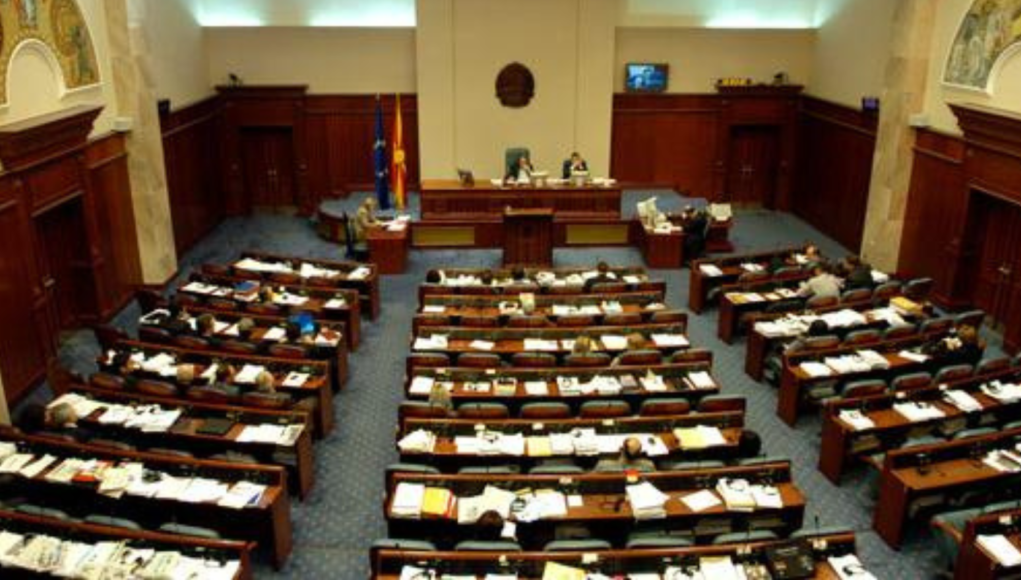Skopje – In North Macedonia, the government’s attempt to relieve prison overcrowding with an amnesty law faces political hurdles and public skepticism. Prime Minister Dimitar Kovacevski announced that the draft law, aiming to release and reduce prison sentences for light crimes, will be debated and sent to Parliament with necessary adjustments. Despite these efforts, the law, which does not apply to certain high-profile cases and parliamentary officials facing prosecution, has met with significant resistance.
The incident comes amid a backdrop of political tension in the Balkan nation. The opposition, led by Hristijan Mickoski of the VMRO-DPMNE party, vehemently opposes the law, vowing to block it through democratic means. Mickoski argues that the law does not meet the citizens’ needs and expectations, accusing the government of attempting to free criminals for political gain.
The Ministry of Justice emphasizes the law’s intent to alleviate the alarming situation in penitentiary institutions, a concern highlighted in numerous international reports and by the Committee against Torture within the Council of Europe. The proposed law suggests complete exemption from serving sentences for those sentenced to up to six months in prison, and a 30% sentence reduction for those sentenced to more than six months. However, it excludes individuals convicted of serious crimes, including murder, crimes against the state, and various forms of abuse and fraud.
The debate over the amnesty law in North Macedonia reflects broader issues of criminal justice reform, government trust, and political division in the country. The government’s move to address prison overcrowding and inhumane conditions faces hurdles not just in legal terms, but also in public perception and political cooperation.
From an international perspective, this situation highlights the ongoing challenges faced by North Macedonia, a country still navigating its path in the post-Yugoslav era, striving to balance legal reform with political stability and public confidence. The outcome of the amnesty law debate will be a significant indicator of the country’s ability to address its internal issues while managing the intricate dynamics of political opposition and public opinion.
Source/s: Nezavisen.mk
Image source: Public Domain
The Southeast European Observer participates in the Amazon Services LLC Associates Program. While we strive to provide our readers with unbiased and reliable information, please be aware that any purchases made through Amazon affiliate links on our site generate a small commission for us at no extra cost to you. This helps support our platform and allows us to continue delivering quality content to our readers.
We ensure that the presence of Amazon affiliate ads does not influence our editorial content, and no affiliate links are included within the text of our articles.












